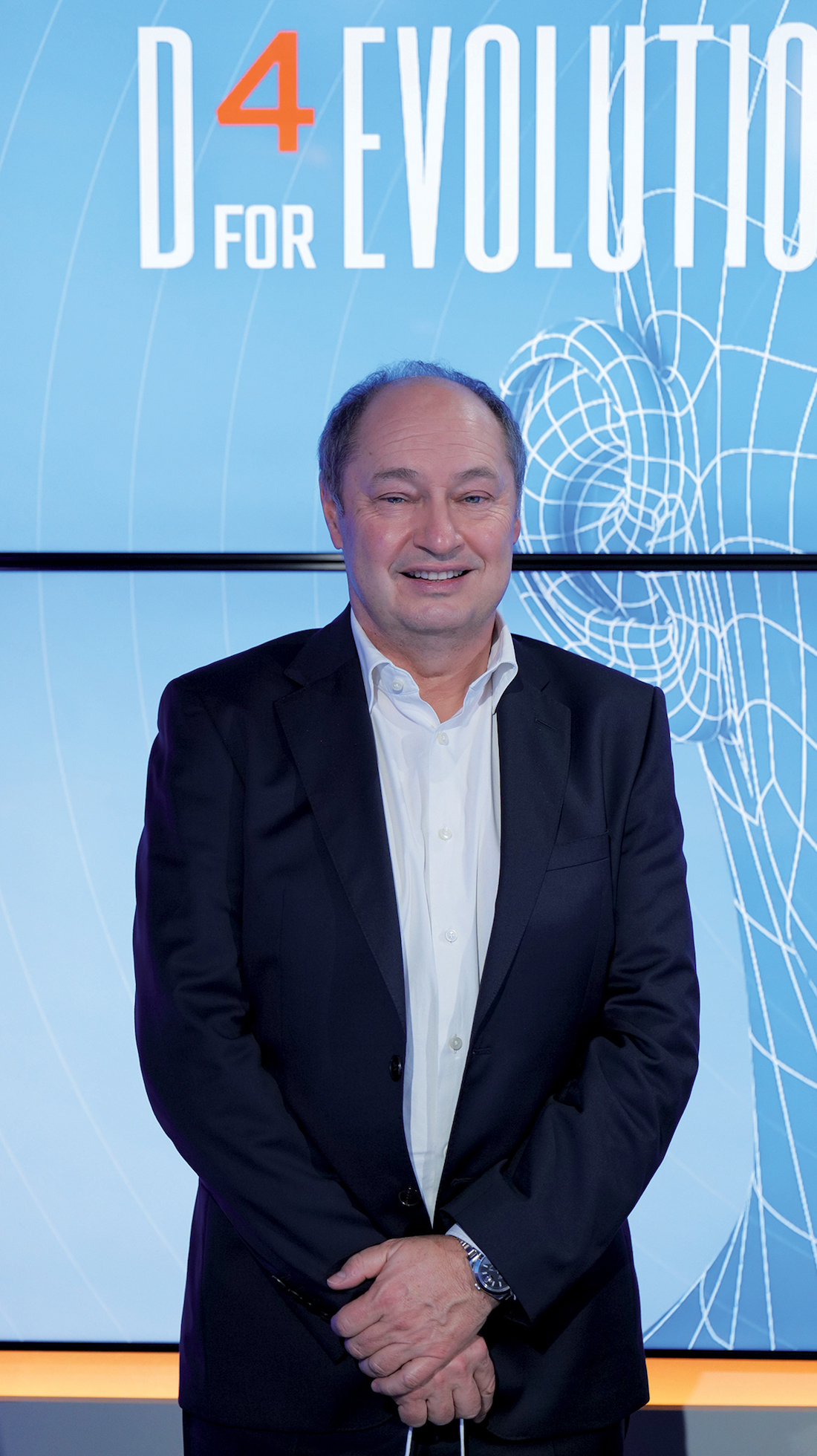Anti-Quebec sentiment has been building in English Canada since Justin Trudeau recognized that Quebec could itself modify the Quebec clause of the Constitution. This political debate could strongly influence the next federal election.
Thirty years after the failure of the Meech Lake Accord, we are back in the same debates. Meech wanted to recognize Quebec as a distinct society. The result was a NO in extremis from Canada. The thing was experienced as a humiliation in Quebec, a humiliation that has left its mark.
Reading the reactions to the Quebec initiative to include Quebec as a nation in the Constitution today, I have a curious impression.
As if there were a few in English Canada who had the experience of saying a big big NO to Quebec.
As if we found satisfaction in the power of the majority to refuse its consent. Even if it means betraying the founding principles of this country which was a compromise between two nations.
The Legault approach
The Legault government has changed the situation. This time, Quebec is asserting itself without asking for permission. In the law on secularism as in the recent law 96 on French, Quebec defines itself. Quebec is neither in a wait-and-see position nor in a position of requester. He is moving forward with a new maturity and confidence: what some call uninhibited nationalism.
And maybe that’s what frustrates the rest of Canada. See Quebec act with confidence. No longer feel that Quebec presents itself as an applicant that we have the privilege of dismissing empty-handed.
This frustration is turning against Justin Trudeau. The National Post went pretty far yesterday. In large print, supporting photos, it compared Justin Trudeau to his father. The point: one of the Trudeaus fought the Quebec nationalists, the other courted them. The Toronto daily is nostalgic for the contempt with which Pierre Elliott Trudeau treated Quebecers’ desire to assert themselves.
Pierre Elliott Trudeau
People from Post seem to forget some historical details. Pierre Elliott Trudeau certainly had electoral success in Quebec, despite his clash with René Lévesque. But when he left, he left a disunited Canada. Quebec did not sign its 1982 Constitution and its confrontational approach paved the way for the 1995 referendum when Canada fell to half a percent to burst.
Quebec has changed. The sovereignist movement no longer displaces the crowds. Those in the rest of Canada who interpret it as an erosion of nationalism are wrong. Nationalism expresses itself differently, but it is probably stronger than ever. Under François Legault, the assertion takes shape, the bills are adopted and a constitutional change is now suggested.
Quebec is not asking permission from English Canada. But if ever an anti-Quebec movement were to get in our way, this uninhibited Quebec could react in a way we have never seen.
–


